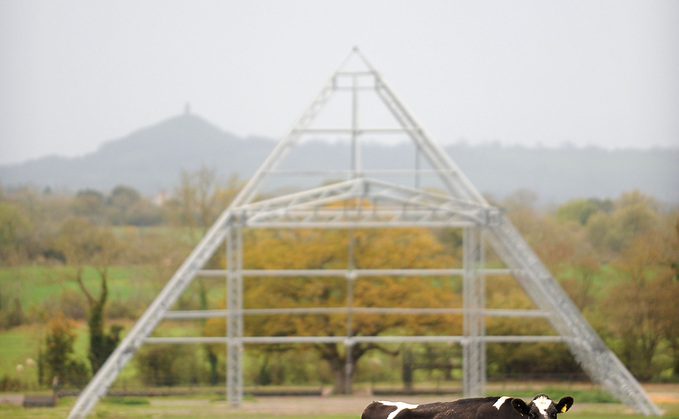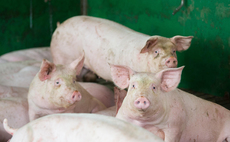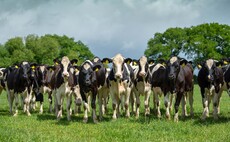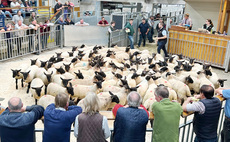
Glastonbury Festival will take a hiatus in 2026, with the event taking one every five years to avoid causing irreparable damage to the working pastures of Worthy Farm.
Co-organiser Emily Eavis has confirmed to the BBC the festival was ‘due a fallow year'.
She said: "The fallow year is important because it gives the land a rest, it gives the cows a chance to be out for longer and reclaim their land."
The last official fallow year was in 2018. However, two festivals were cancelled in 2020 and 2021 due to the pandemic.
Glastonbury
Ms Eavis said: "Sustainability and the need to live in harmony with the land has always been vital to Glastonbury Festival.
"And I think it's important because it just gives everybody a little time to just switch off."
READ NOW: The farm behind the festival - Glastonbury is here, but what happens to the cows?
As festival goers head home today (June 30), the clean up of the site will begin.
Glastonbury has urged people to ‘love the farm and leave no trace'.
The festival emphasised its commitment to sustainability, highlighting achievements including no fossil fuels being used for power, with generators run ‘entirely on responsibly sourced virgin palm oil-free HVO fuel made from waste cooking oil'.
The sale of single-use plastic drink bottles is banned, and crisps are sold in compostable packaging.
Ticket holders are encouraged to travel by bike or public transport.
It also has an on-site recycling plant, avoiding the need to send waste to landfill. All crockery and plates at the Festival are either reusable or compostable – and inedible food waste is turned into fertile compost or sent to anaerobic digestion.
All production areas are either powered by lower impact, fossil fuel-free electricity or run on solar PV and battery hybrid systems.
A temporary wind turbine, installed alongside a solar panel and battery system, will produce up to 300kWh of energy per day and power food stalls in Carhenge.
Clean energy from the Festival's own 250kMp solar PV array, as well as our anaerobic digester and 125kVA biogas plant power, provide energy for Festival offices and some production areas as well as helping to charge some battery systems.
It said 98% of all tents were taken home after each festival since 2019.
"Worthy Farm and the Festival site is rich with biodiversity and we have protected areas across the Festival site to help ensure these habitats and their wildlife are looked after," it said.

























